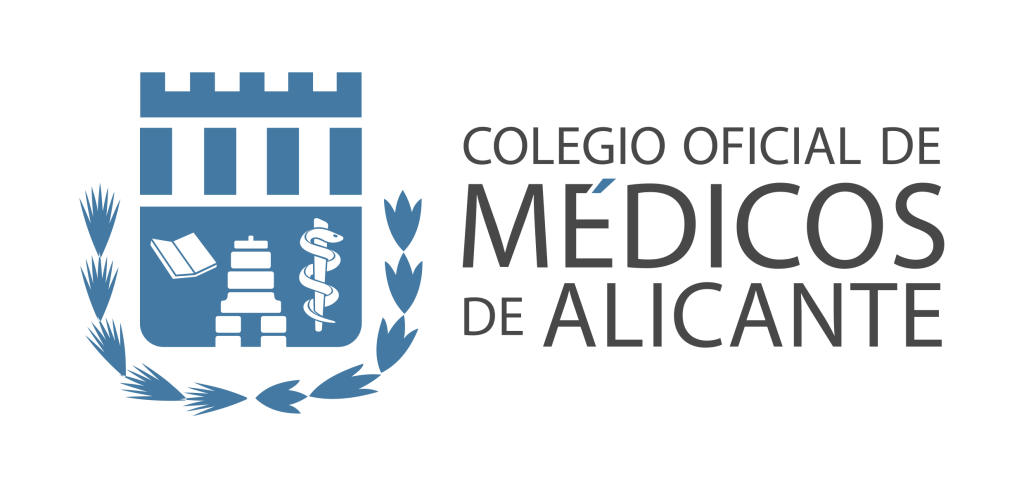The Longevity World Forum, the international congress on healthy aging, has been consolidated at the close of the second edition in Valencia, where leading names from the international scientific community met to reflect on the advances and challenges posed by this subject. All those who participated during the three days of this conference have agreed that it is possible to modify the way aging occurs, always through a timely and personalised treatment.
“Eternal youth is not a realistic objective, but we are beginning to see actions based on scientific evidence to slow down or delay aging,” affirmed Manuel Pérez Alonso, professor of genomics and member of the organising committee, at the close of the congress. Calorie restriction and the control of senescence have also been highlighted as good strategies that have been proven in preliminary trials.
However, the implications in this respect go further. Continuing with the words of Pérez Alonso: “We have seen during these days that it is necessary to continue the research because a person’s sex, their genetic composition, diet or even when a therapeutic intervention is carried out, have an influence on the degree of success of these strategies. Therefore, everything points to the fundamental role of precision medicine in the near future.”
Furthermore, the Longevity World Forum has approached innovation in longevity, which has served to show that the breakthroughs in this field “will not only come from biology, but also from engineering and technology.” In fact, the conference has been the venue for the sharing of examples of how artificial intelligence is the key to interpreting data with regard to a person’s state of health. The full development of this potential requires an investment by the private sector, but also the support of the public sector through policies to ensure good quality of life, especially taking into account that “we are an increasingly long-living society” and that “age is the main risk factor for all chronic diseases,” as Pérez Alonso points out.
The Longevity World Forum has been held for the second consecutive year, since it began in 2018, and it has once again brought together the leading professionals whose work is related to longevity. On a national level, participants included María Blasco, director of the Spanish National Cancer Research Centre (CNIO); Manuel Collado, head of the cancer and aging stem cell laboratory at the Health Research Institute of Santiago (IDIS); Pura Muñoz, researcher of the Spanish National Centre for Cardiovascular Research (CNIC); and Manuel Serrano, a doctor and professor who is currently working on the ICREA programme of the Institute for Research in Biomedicine of Barcelona (IRB Barcelona).
Participants from other countries included Rafael de Cabo, chief of the Translational Gerontology Branch of the National Institute on Aging in Baltimore (USA); Maria Entraigues Abramson, Global Outreach Coordinator of SENS Research Foundation (USA); Mirka Uhlirova, of Excellent in Aging Research (CECAD) of the University of Cologne (Germany); Bruno Vellas, doctor of the Aging Unit of the Gerontopole at the University Hospital of Toulouse (France); and Álvaro Pascual-Leone, professor of Neurology at the Harvard Medical School (USA); among others. Furthermore, attendees heard the testimony of Liz Parrish, the “patient zero” of the first successful gene therapy against aging, not currently validated by any international scientific organisation.





